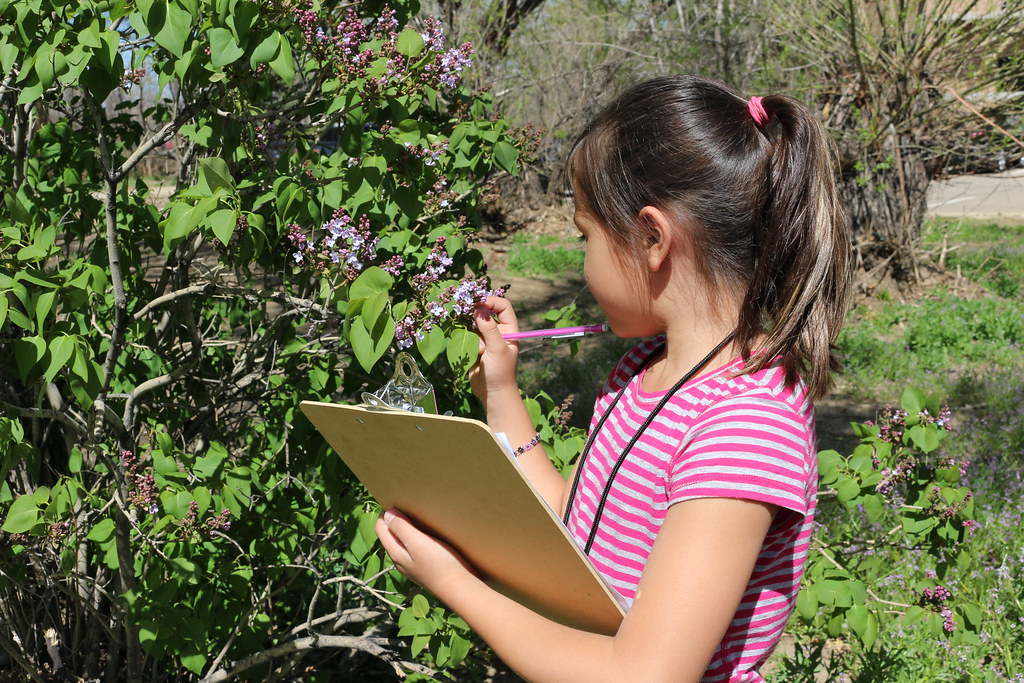When a BBC News article came out titled “Scientists Seek Galaxy Hunt Help” in July 2007, it became the second-most shared article on the website. As we have seen, the public are interested in science and in making a contribution to it.
To find volunteers for your project, an example we can use is the philosophy of UCL Extreme Citizen Science (ExCiteS) being "a situated, bottom-up practice". What this basically means is "go to where they are, rather than ask them to come to you.” 
If your volunteers are likely to be a specialised community, such as conservation enthusiasts or people living with a specific illness, it would be worth investigating places (online or face-to-face) where they are likely to be. You could ask boat hire centres, community centres or libraries if you can put up a poster, or relevant organisations if you can write a piece for their website or newsletter. UCL ExCiteS often works with indigenous people living in places such as the Amazon rainforests, or Cameroon or the Congo, and they spend extensive time staying in the villages with people before embarking on any science (sadly, the temporary nature of many projects has led to rural communities repeatedly experiencing a research group or NGO promising help or starting a project with them, but then withdrawing when funding runs out, which can lead to low expectations and a lack of trust).
If your project is aimed at school groups, bear in mind that teachers are usually overstretched. They may need to see how your project is relevant to their country’s science curriculum, or you may need a background check in order to work with young people or to team up with an established organisation that already works with schools.
However, most projects don't have to be aimed solely at a special audience - you can focus on recruiting interested individuals from all demographics. Therefore, your project will probably get off the ground just fine with traditional or social media. A press release or blog post by your university department can be shared on social media. Large citizen science organisations such as the European Citizen Science Association, the Citizen Science Association (North America) or Australian Citizen Science Association can also help you spread the word.
(Image: Project Budburst & NEON, Inc)